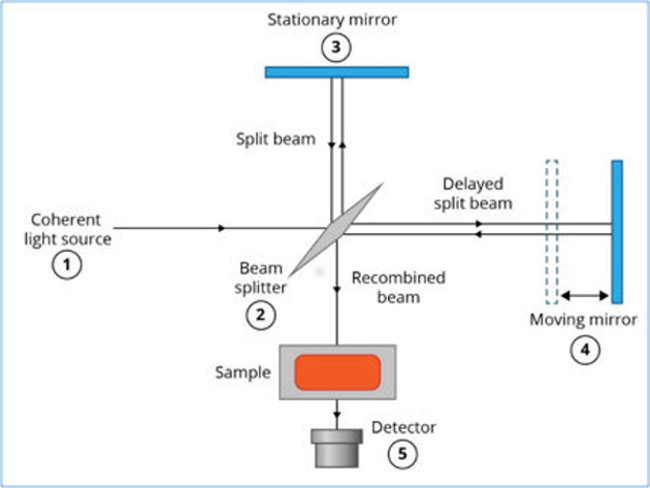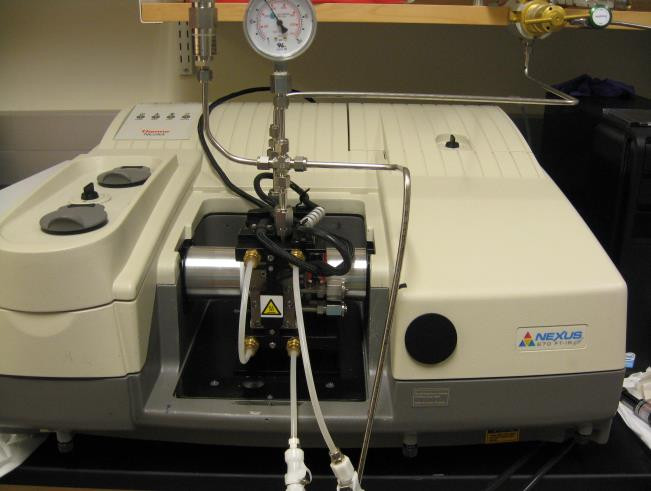Hydrogen Storage using Metal Organic Frameworks
University of Texas at Dallas Summer 2009Hydrogen is an exciting option for an energy carrier because it is clean, quick to refuel,
and sustainable. But hydrogen storage requires high pressure or liquefaction, both of which
have safety, space efficiency, and energy efficiency concerns. New materials are being
developed that allow for hydrogen to be stored on the surface or within solids. Metal
Organic Frameworks (MOFs) are a class of commonly available and customizable lattice
structures that have strong potential for hydrogen adsorption and retention because they are
porous and have metal centers that the hydrogen can attach to.
I supported two different research projects at the Laboratory for Surface and Nanostructure
Modification at UT Dallas under Dr. Yves Chabal. My activities involved synthesis of pellets
of MOFs, construction of a fuel cell apparatus for testing MOFs under pressurized hydrogen
and deuterium, and running adsorption trials using FTIR spectroscopy.
In the first project, the goal was to remove solvent leftover from production from the MOF
structures in a more effective way. Usually solvent removal is done by replacing the
existing solvent with one that has a lower boiling point, and then evaporating the new
solvent. But if not chosen carefully, the replacement solvents can have high surface
tensions, which can destroy the framework. We used supercritical CO2 as a replacement
solvent and adjusted temperature and pressure levels to minimize structural damage.
The second project involved trying to modify the MOF to retain hydrogen adsorption levels
after pressure is removed from the fuel cell. To do this, a process called atomic layer
deposition was used to deposit single atom layers of ruthenium metal onto the MOF. After
analyzing the modified MOF structure, the ruthenium deposition was not verified to have
occured during my time at the lab.
Recognition

